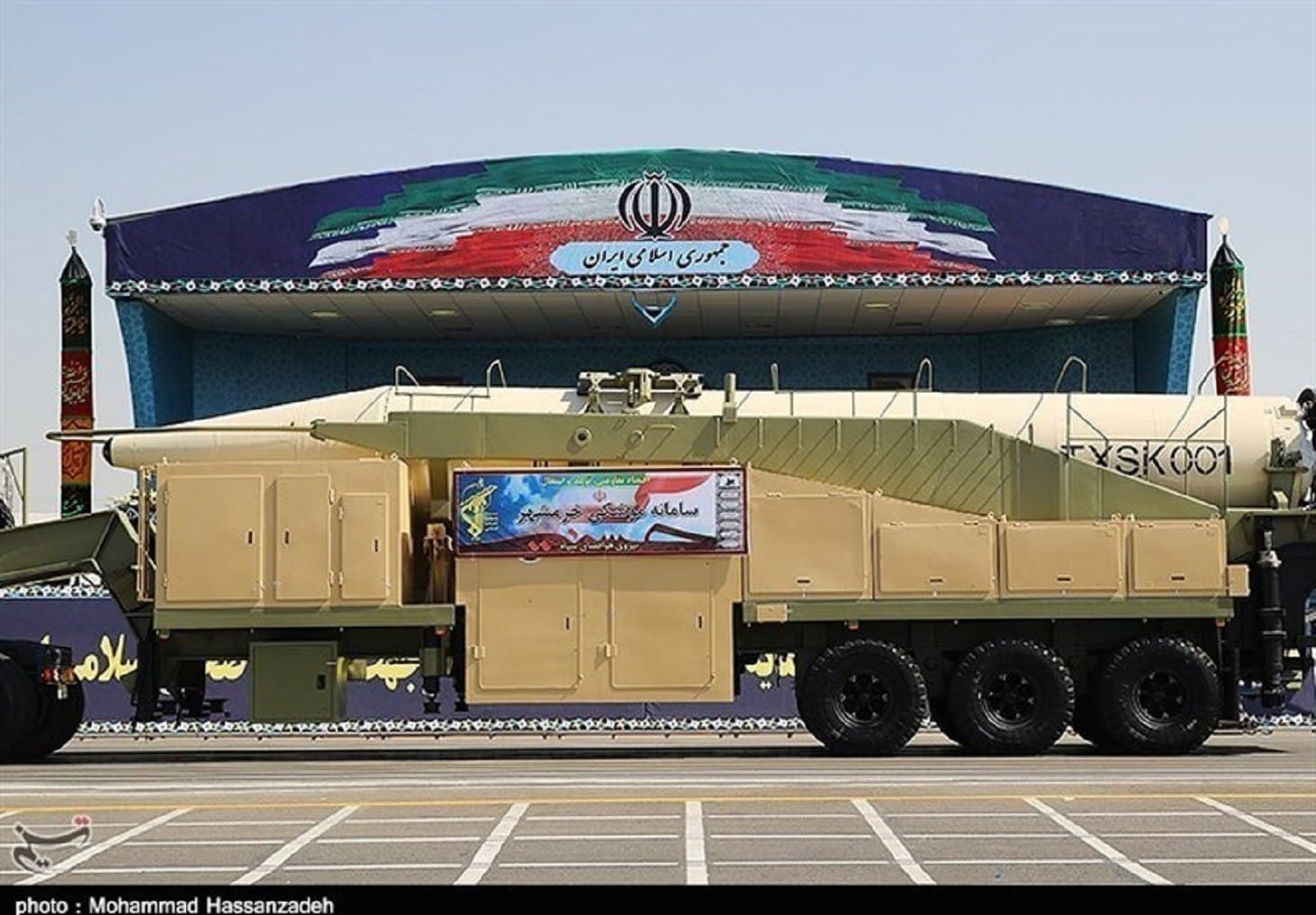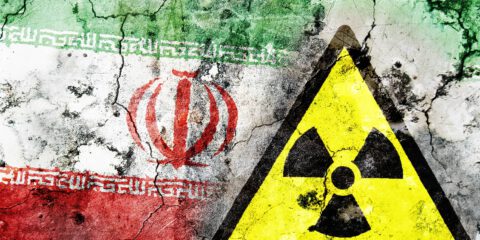With the weakening of ISIS, the growing strength of Russia in Syria, and the continuing retraction of American involvement in the region – Iran apparently feels emboldened enough to escalate its confrontation with Israel.
Perusing global media coverage of the sharp skirmish on our northern border last weekend, I was struck by the fact that few outlets focused on the Iranian aggression. Instead, the story was played out as a clash between Israel and Syria.
This is a serious mistake. It is an error in analysis that belies a deeper and more dangerous trend, which is the tendency of Western observers to ignore the root of so much evil in the region: Iran.
In fact, it continually surprises me that public figures I meet here, visiting from North America and Europe, are truly not aware of the scope of Iranian muckraking and troublemaking in the region. Generally, they know that there are bad actors at play here, from Al Qaeda and ISIS to Hezbollah, but they don’t have a comprehensive picture of Iranian belligerence and ambition, or the transformative tectonic threat of Iran to Mideast stability.
If anything, they often think that the JCPOA (President Obama’s nuclear deal with Iran) has shunted concerns about Iran to the back-burner, and that the Ayatollahs are now placidly focusing on rebuilding their society and economy.
But of course, nothing could be father from the truth. The Islamic Republic of Iran is on an aggressive march across the Middle East, presenting significant security challenges to Israel, to moderate Sunni Arab countries, and to Western interests. Iran does not hide its overarching revolutionary ambitions: to export its brand of radical Islamism globally, to dominate the region, and to destroy Israel.
So for the purposes of briefing those who haven’t been paying sufficient attention, here is a summary of the treacherous Iranian record.
Iran is carving out a corridor of control – a Shiite land bridge – stretching from the Persian Gulf to the Mediterranean Sea, including major parts of Iraq, Syria and Lebanon, under the control of the Iranian Revolutionary Guards Corps and its Qods Force, various Shiite militias, and the Hezbollah organization. This corridor gives Iran a broad strategic base for aggression across the region.
Iran is establishing air and naval bases on the Mediterranean and Red seas, and especially in Syria, in order to project regional power. It has also stepped-up its harassment of international shipping and Western naval operations in the Persian Gulf.
Iran is inserting militia forces into many regional conflicts, including support for the Houthi rebels in the Yemeni civil war. It seeks control of the Horn of Africa and the entrance to the Red Sea – a critical strategic chokepoint on international shipping.
Iran is fomenting subversion in Mideast counties that are Western allies, including Saudi Arabia, Egypt and Jordan. It is particularly focused on destabilizing the Hashemite regime in Jordan in order to gain access to Israel’s longest border (its border with Jordan) and from there to penetrate Israel’s heartland.
Iran is arming guerrilla armies on Israel’s northern border (Hezbollah), southern border (Hamas and Islamic Jihad), and terrorist undergrounds in the West Bank. It has equipped Hezbollah with an arsenal of over 150,000 missiles and rockets aimed at Israel, and supplied Hamas with the arms and rockets that fueled three military confrontations with Israel over the past decade.
Iran is sponsoring terrorism against Western, Israeli and Jewish targets around the world, including unambiguous funding, logistical support, planning and personnel for terrorist attacks that span the globe, from Buenos Aires to Burgas. Iran maintains an active terrorist network of proxies, agents and sleeper cells worldwide.
Iran is building a long-term nuclear military option, under the cover of the 2015 nuclear deal; an agreement which expires within a decade and which legitimizes Iranian uranium enrichment and advanced nuclear research as it sunsets.
Iran is developing a formidable long-range missile arsenal of great technological variability, including solid and liquid propellant ballistic missiles and cruise missiles. The latest Iranian missile, called the “Khorramshahr,” seems to be based on the North Korean BM25 missile with a range of 3,500 km. The Iranian ballistic missile program is in violation of United Nations Security Council prohibitions.
Iran is threatening Israel with war and eventual destruction. The Supreme Leader of Iran, Ayatollah Ali Khomenei, regularly refers to Israel as a cancerous tumor in the Middle East that must be removed, and speaks of the complete liberation of Palestine (– meaning the destruction of Israel) through holy jihad.
Israel and Iran have essentially been in a war of stealth since the early 1980s (when Hezbollah was formed), but now Iranian generals and military forces have decamped on Israel’s border with Syria and moved to direct and open military confrontation with Israel. Last weekend, the Iranian military launched an attack drone from Syria on a spy mission into Israel, and commanded the anti-aircraft batteries that subsequently fired on Israeli jets (and hit a $50 million F-16I – the first Israeli jet felled by enemy fire in 30 years).
With the weakening of ISIS, the growing strength of Russia in Syria, and the continuing retraction of American involvement in the region – Iran apparently feels emboldened enough to escalate its confrontation with Israel.
Iran is also confident enough to continue to oppress its own people, with no regard for human rights or true free speech. It had no problem putting down large-scale anti-corruption protests that erupted this winter, and the Ayatollahs continue to hunt down and assassinate critics of the regime abroad, too.
Time to pay attention to the grave Iranian threat to us all.
Published in The Jerusalem Post and Israel Hayom, February 16, 2018.
JISS Policy Papers are published through the generosity of the Greg Rosshandler Family.
photo: Tasnim News Agency [CC BY-SA 4.0 or CC BY 4.0 ], via Wikimedia Commons








 - בניית אתרים
- בניית אתרים